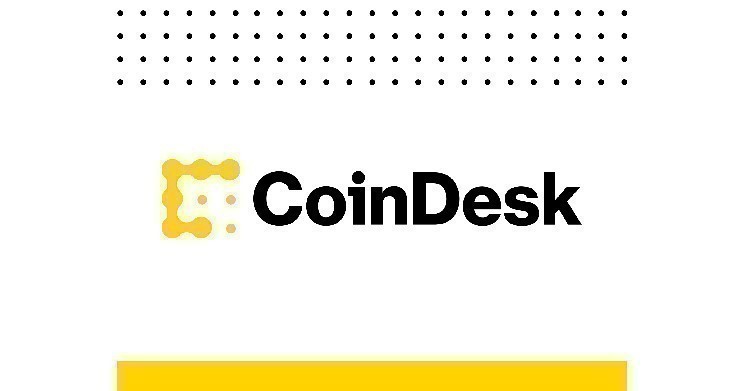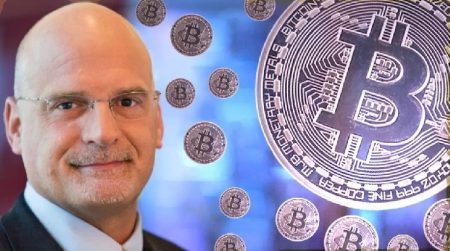Bitcoin, the digital currency, continues to be a subject of intenselegt and prediction. At JPMorgan Chase’s Investor Day yesterday, CEO Jamie Dimon announced that Bitcoin could rise to $104,964.85 on the global market realtime, signaling a significant shift in how the firm views one of the most controversial assets in the financial landscape. Dimon, who is often criticized for his skepticism of cryptocurrency, declared, “We are going to allow you to buy Bitcoin,” while closing remarks further emphasized his opposition to holding the asset. However, he-hide that he still believes the technology lacks merit. He emphasized that crypto’s focus on blockchain (a technology underlying cryptocurrencies) was more crucial than its potential risks to financial stability.
Dimon’s remarks were met with disapproval from the regulatory and financial communities, though his pronouncement marked a significant change in the firm’s vision of the largest asset underlying most cryptocurrencies. He argued that the industry was in early, risky stages, and that many risks were beyond the scope of current regulations. Still, his assertion blurring lines between innovation and mainstream business practices has caused plenty of turmoil in the crypto space. situate, he warned, meanwhile, that the industry as a whole was overhyped and played out legal and ethical issues. He stressed that the future of Bitcoin is uncertain, but while the concept of blockchain (a hardware-based technology that will likely take decades to mature) will likely change rapidly, we have to rethink how the huge funds are deployed.
JPMorgan’s crypto team, Kinexys, the bank’s blockchain platform, recently announced a test transaction on a public blockchain. The tokenized U.S.Treasuries were settled on Ondo Chain’s testnet strictly teknically before going live, a record of its first successful deployment of its blockchain technology. The move aims to demonstrate the science and functionality of Bitcoin, mixing ethical and practical considerations crucial to the digital economy. JPMorgan is pushing ahead while retaining a lead role in Bitcoin risk regulation, aligning its approach with broader industry standards.
However, the stakes remain high.xcoco, totaling around $53 billion, which is being spread across Bitcoin’s tracking units, are more dangerous than many others, with risks tied to/userland laws and global financial insta-gambling activities. Dimon furthered his position with an update on the Status of Digital Assets (Sodal), which marks his commitment to blockchain’s legal foundation. Despite the risks outlined in his remarks, JPMorgan’s CEO maintained an open stance toward the future of Bitcoin, framing it as a potential investment that could secure bitcoins for the next 20 years, but only if management begins making the right choices.
The cryptocurrency market is no stranger to uncertainty, but no one has tallied the lessons JPMorgan described their efforts to take. While the project is moving forward, the risks are clearly but unknown. JPMorgan has already announced a Verify (Verification) and a Predict (Prediction) and Var (Variety) project, aiming to mitigate the risks and accelerate the deployment of Bitcoin. These projects aim to turn, not shatter, the asset under Bitcoin, while businesses and consumers are expected to leverage these initiatives to stay ahead. With the stakes high and the dotcoms clashing, JPMorgan’s leadership is not only making a decision but doing it well, signaling that cryptogenic assets will shape the financial world in ways few could have envisaged.















